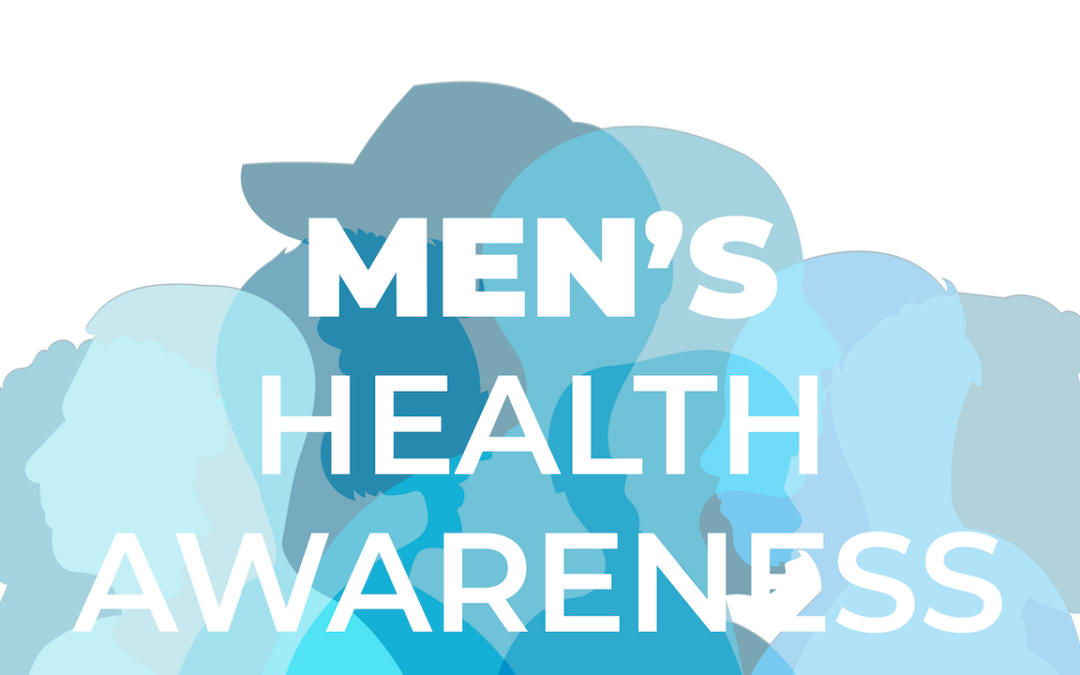Studies show that men are half as likely to go to the doctor as women. Considering that men are more likely to develop heart disease, high cholesterol, and high blood pressure than women, it’s a good idea to take advantage of fully covered preventive care. Catching an illness sooner rather than later will lead to an easier recovery and lower costs.
Common Health Risks for Men
Altamed.org states:
- Heart disease is the leading cause of death for men in the U.S., accounting for one in every four male deaths. Heart disease is most common among whites, African Americans, and Latinos.
- Approximately one man in every nine will be diagnosed with prostate cancer.
- Studies show that men under 50 are more likely to have high blood pressure than women of the same age. High blood pressure can lead to stroke, heart attack, heart failure, or kidney failure if left undiagnosed and untreated.
- Men are almost twice as likely as women to die from accidents including a fall, a car accident, drowning, or violence.
Preventive Care Guidelines
Familydoctor.org provides the following suggestions:
- Every 6 to 12 months, get dental and eye exams.
- Every year, get a flu vaccine.
- Every 1 to 2 years, get your blood pressure checked. Talk to your doctor about how often you should have your cholesterol levels tested. The results can help predict and prevent your risk of heart disease and diabetes.
- As an adult, get the Tdap shot. This protects against tetanus, diphtheria, and pertussis (whooping cough). Every 10 years after that, get the Td booster vaccine.
- Starting at age 50, get regular tests for colon cancer.
- Around age 60, get vaccinated for conditions, such as shingles and pneumonia.
The Importance of Mental Health
Though mental illness is more prevalent in women than men, men are more likely to go undiagnosed. The stigma for men to be “manly” sometimes deters men from receiving the treatment they need to live a satisfying life.
Men’s Mental Health Statistics
- Over 6 million men in the US suffer from depression each year.
- Over 3 million men in the US have panic disorder.
- Over 1 million men in the US have bipolar disorder.
- 25% of those diagnosed with eating disorders are male. These disorders are especially overlooked in men.
There is no shame in seeking help for mental health. Mental health treatment is key to attaining a happier, more fulfilling life.
Happy Men’s Health Month!
Sources:

